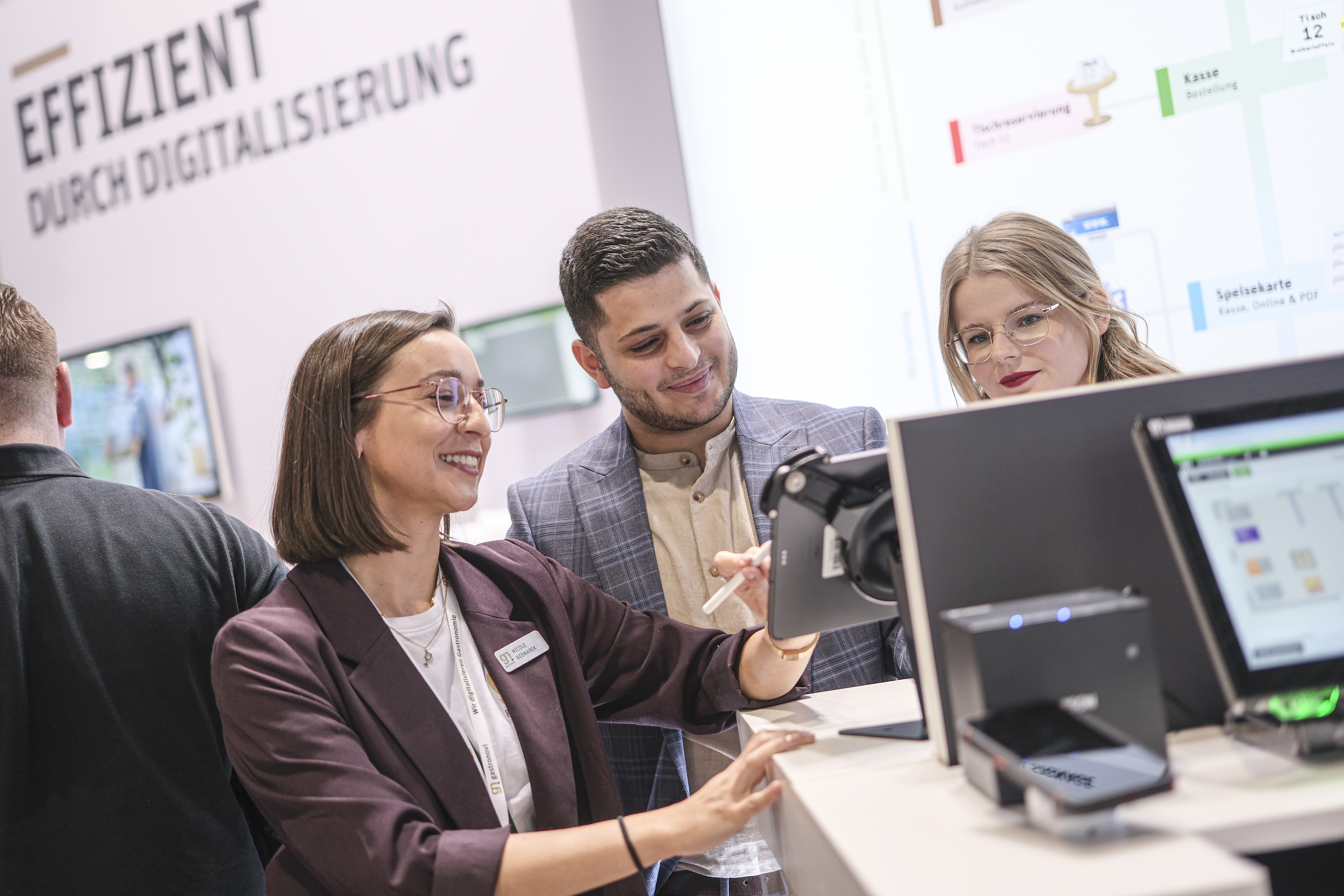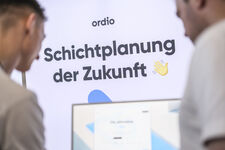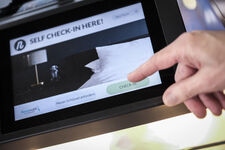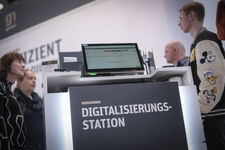Digitalisation, AI tools, reduction in employees' workload: solutions for the future of the hotel, restaurant and catering industry
1. Digitalisation is no longer a luxury – but a necessity
The digital transformation in the hotel, restaurant and catering industry is well underway – but is by no means happening everywhere. Whereas some companies have already introduced smart processes, many of them are still working with analogue structures: orders on paper, manual duty rosters, cash payments and manual booking management. The advantages have long been tangible: efficiency, relief, data clarity and, not least, better guest experiences. Marvin Liedmeyer from Tobit makes it clear: "Anyone who has problems in finding personnel will look for digital solutions that provide support and relief – or will shut up shop." Digitalisation has become a matter of survival – for both small and large enterprises.
2. Digital assistants reduce employees' workload and improve processes
In view of the shortage of skilled workers and the difficulties in finding personnel, more attention is being paid to digital assistants. Technologies such as self-ordering, digital menus or web-based hotel services via mobile browsers do not replace people, but reduce their workload and enable existing resources to be used more efficiently.
The company straiv provides one example: with automated processes throughout the entire guest journey – from online check-in and digital door opening through to payment – hotels not only save time, they also enhance the guest experience. Everything with a smartphone with no obligation to use an app. "Our solutions prevent hotels from having to perform administrative tasks and create scope for personal service," says Alexander Haussmann, Managing Director of straiv.
New models are also being created in gastronomy: central production kitchens supply several locations and orders are placed via QR codes and digital systems. The number of on-site employees is reduced while service quality and speed increase.
3. AI and automation: more than just buzzwords
Artificial intelligence is one of the most defining trends and already forms an integral part of many systems. AI-based tools are now used in many areas: in goods management, personnel planning, process control or demand forecasting. These tools not only provide data, they also learn from this data and automatically adapt processes. According to sell & pick, AI-based systems can plan up to 30 per cent more accurately than humans – and enable predictive control of resources and personnel deployment.
However, success depends on the quality of the data: AI can only be used meaningfully if kitchens, warehouses, duty rosters and booking systems are interconnected. "AI is only really an advantage if all areas can communicate with each other," emphasised Andreas Steinbeisser. The decisive factor here is clear data strategy – record, analyse, optimise.
4. Challenge: system diversity and mindset
One obstacle for many companies is the increasing number of stand-alone solutions. Different tools, missing interfaces and uncertainty over operation overburden many users. Suppliers such as ibelsa are in demand here. The Cloud-based hotel software offers a modular solution and links overarching special solutions such as channel manager and check-in solutions. "Our mission is to provide comprehensive advice and support, and also promote joint product development," said Philipp Berchtold, Managing Director of ibelsa.
However, technology alone is not sufficient. There is a need for a major rethink: training courses, change management and trustful support are vital. The German Hotel Association (IHA) is making an important contribution in this respect – with free AI training courses and purposeful promotion of practical start-ups.
5. Guests expect digital experiences
The digital transformation can be felt not only in companies, but also among guests. The expectations of hotels and restaurants: no more waiting at reception, no paper forms and no cash payments, intuitive processes via a smartphone are becoming standard. Dominique Krause from Vectron sums it up: "Guests have long been digital users – it’s now up to companies to follow suit." Anyone failing to do so will miss the boat.
More attention is therefore being paid to personalised services and applications such as chat bots, digital concierge services and gamification approaches. Whether reservations, room management or feedback processes, AI-based solutions can not only speed up processes, they also increase satisfaction and the ties between guests and hosts.
6. Future prospects: flexible, networked, data-based
The hotel, restaurant and catering industry of the future will be digital, closely networked and flexible. Companies which are now investing in scalable systems and AI tools will benefit from forward-looking resource planning, digital booking tools will ensure a smooth guest experience, employees will select flexible working hours via an app and digital platforms will be responsible for administrative processes – irrespective of the location or company size. Even robots now provide support at times in the kitchen or during service.
This vision is already reality in the digital town of Ahaus: hotels without a traditional reception desk, beer gardens with a self-ordering system and central kitchens for several restaurant concepts. These models show what is already possible nowadays – when openness, technology and strategy come together.
7. Conclusion: people and machines – strong together
Although AI and digitalisation are changing the hotel, restaurant and catering industry enormously, human contact is still essential. A sense of well-being, trust and personal experiences are very important, especially in the hospitality industry. Digital tools should relieve the burden on employees, not replace them. When used properly, these tools create scope for what really is important: genuine hospitality.
_____________________________________________________________________
Experience the future: digital innovations live at INTERGASTRA 2026
Come to INTERGASTRA 2026 in Stuttgart and discover the latest digital solutions. Speak to industry pioneers and experience in a live setting the future of the hotel, restaurant and catering industry – efficient, sustainable and people-centred. It will quickly become clear that anyone now investing in smart systems is helping to actively shape the future of the industry – and obtaining valuable advantages over competitors.
back to overview



